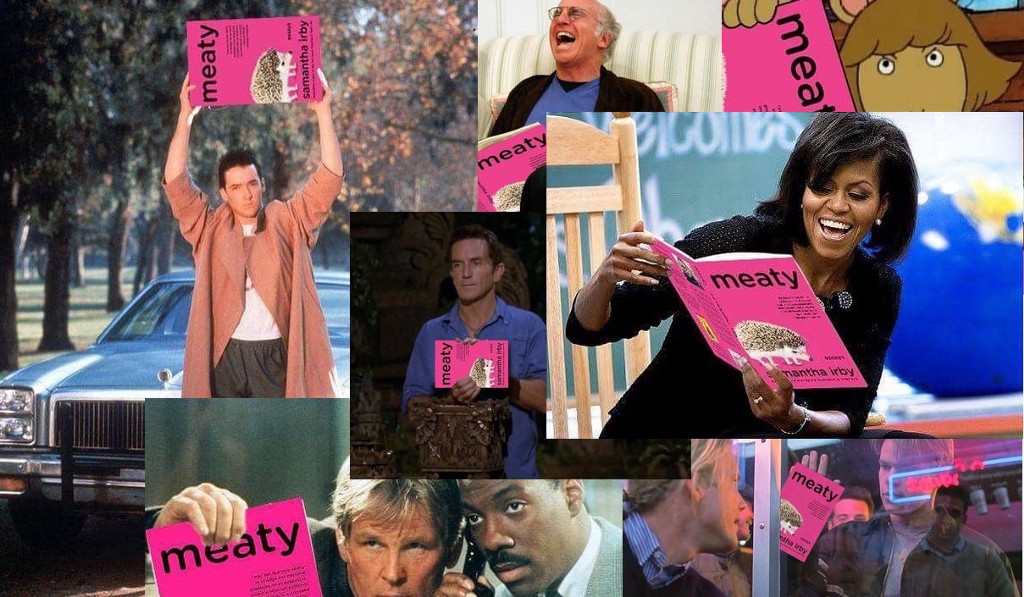news
Cracking the Code to Bestsellers?

Stanford Researchers may have the answer to why books sell

In an attempt to streamline the creative process, publisher and English PhD Jody Archer and Stanford Literary Lab co-founder Matthew L. Jockers are using data analytics to figure out what makes books sell. Utilizing a team of “reading” research computers, they’ve cataloged 5,000 titles published over the last thirty years. The machines — which are programmed to track characters, plot points, sentence structures, and word usages, among other factors — have been sorting through the texts, cross referencing and compiling the common traits of literary blockbusters.
With the recently released The Bestseller Code, Archer and Jockers are finally presenting their findings. The book, despite its non-algorithmic gestation, presents some intriguing, even marketable, claims. A few surprising tidbits:
- sex, apparently, doesn’t sell like “human closeness”
- dogs are far superior to cats
- the best protagonists use the verb “need,” a lot.
- ditto for “want” — the people need want
The computers’ favorite book? Dave Eggars’ 2013 techno-thriller The Circle, which surprisingly outranked more standard contenders like Gone Girl and 50 Shades of Grey Although, it is worth noting, the algorithm is only 80% accurate according to Wired’s recent reporting.
Wired also noted that a host of analytic approaches have recently seeped into publising. One, Jellybook, a British startup, provides data driven promotional forecasts based on the reading habits of their trial groups, who receive digital versions of texts modified with Java Script to track their exact reading habits — when people read, for how long, and even which chapters kill a book’s momentum. In a shocking turn of events, their preliminary findings report that readers abandon novels before the halfway mark the vast majority of the time. (Previously, that phenomenon had only been ascribed to Gravity’s Rainbow.)
For its part, the literary community has responded to news of Archer and Jockers’ findings with customary aplomb, providing biting commentary on these soulless capitalist enterprises. After all, curation is the enemy of surprise. Agent Katherine Flynn commented on the matter to Wired in particularly poetic fashion, musing, “the beautiful thing about books, unlike refrigerators…is that sometimes you pick up a book.” Nowadays, in these trying digital times, that’s the type of perspective we all could use more of.









